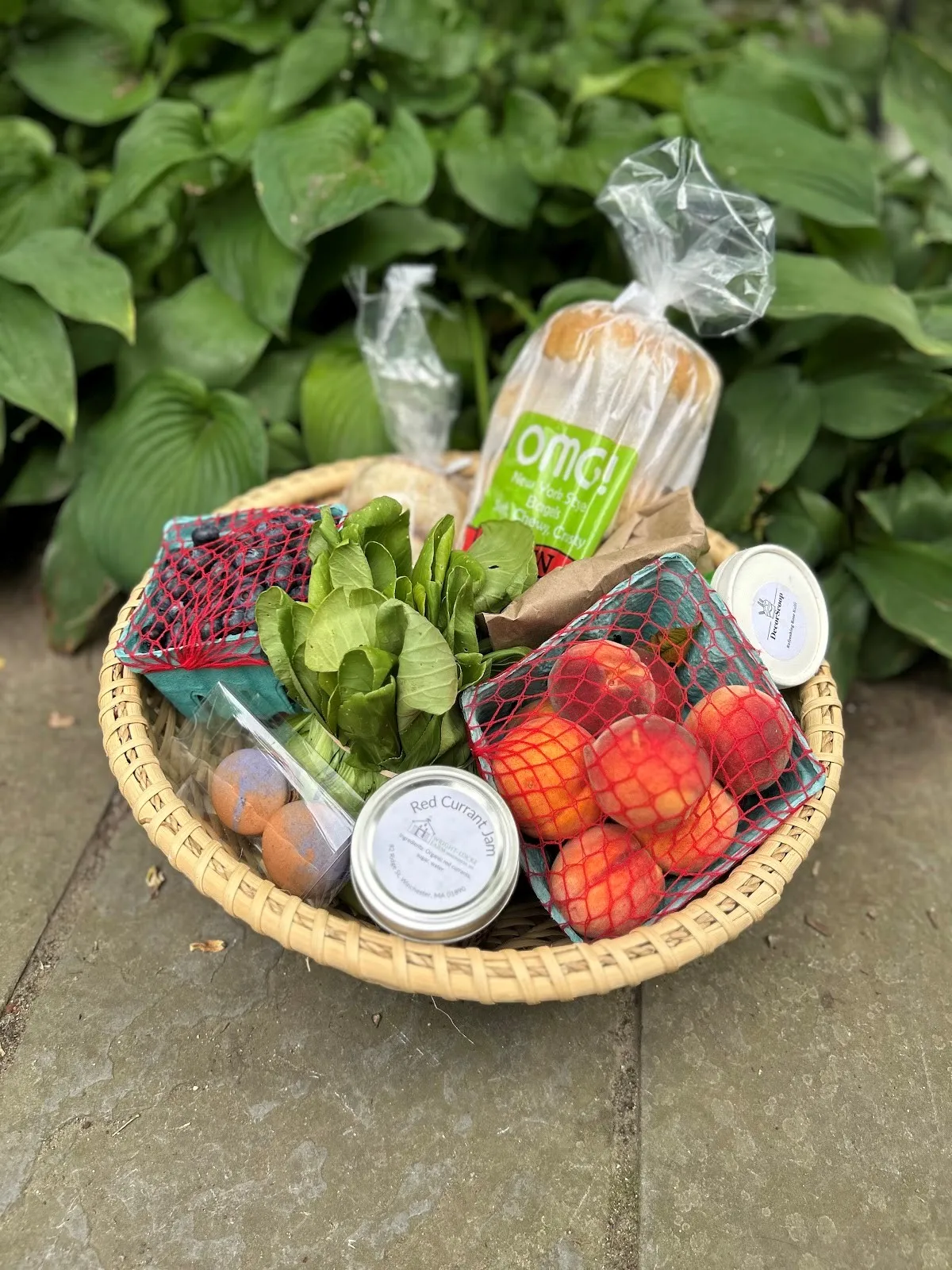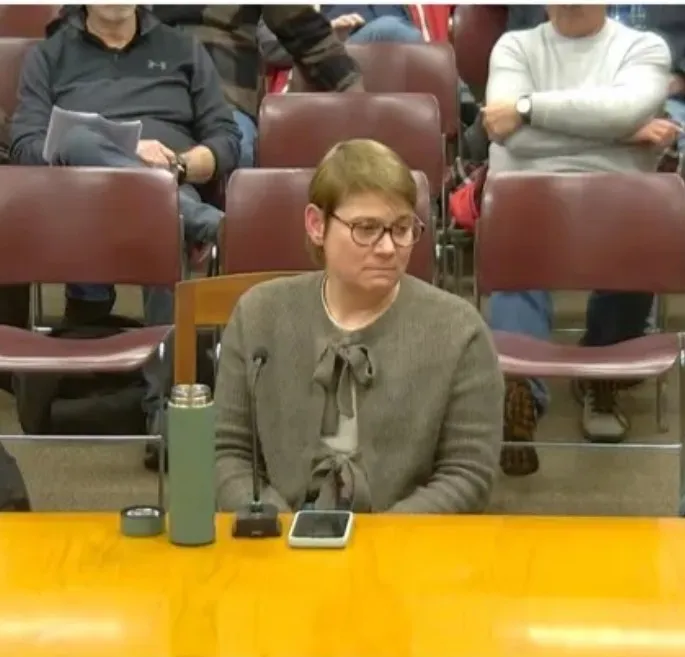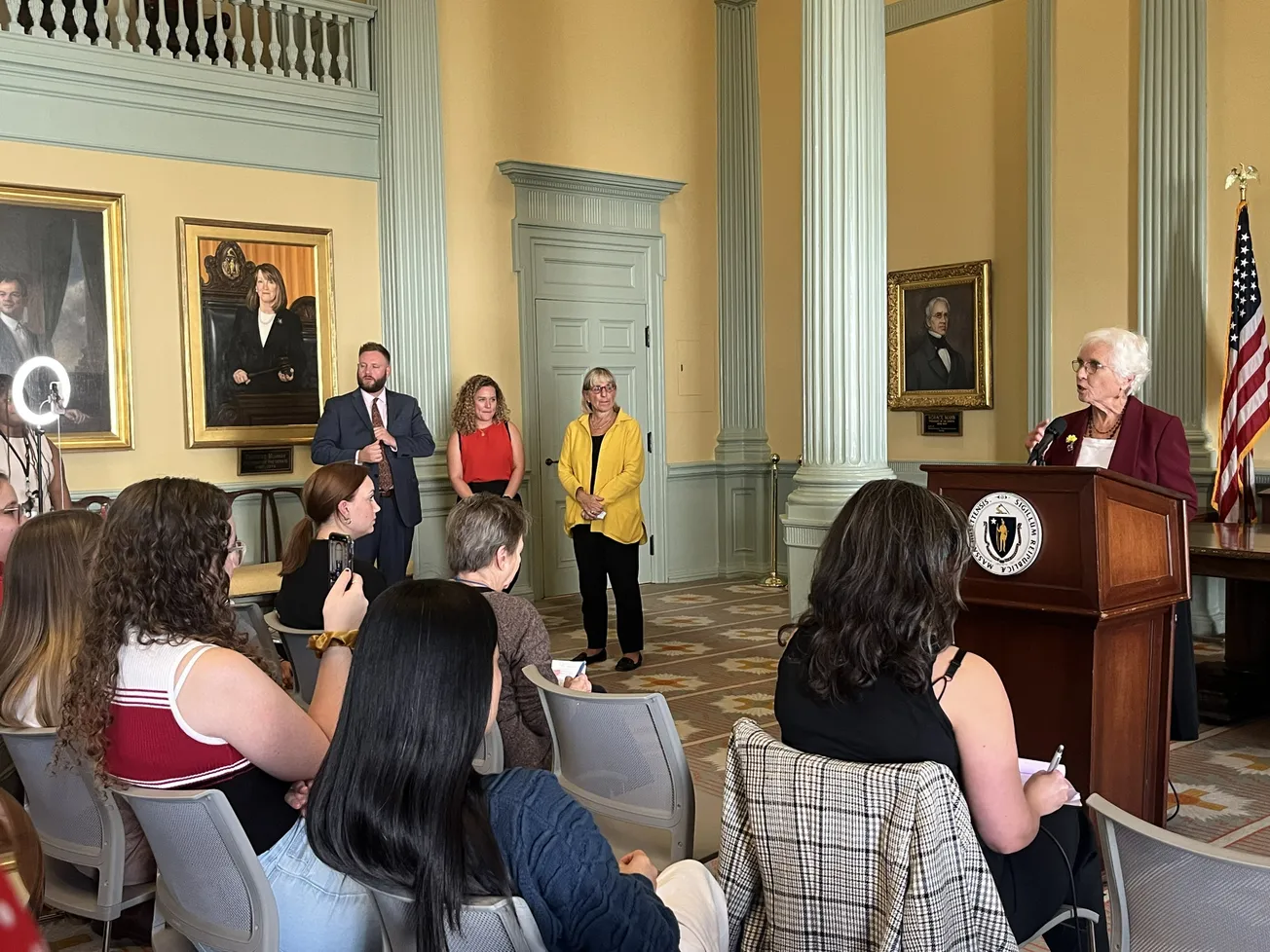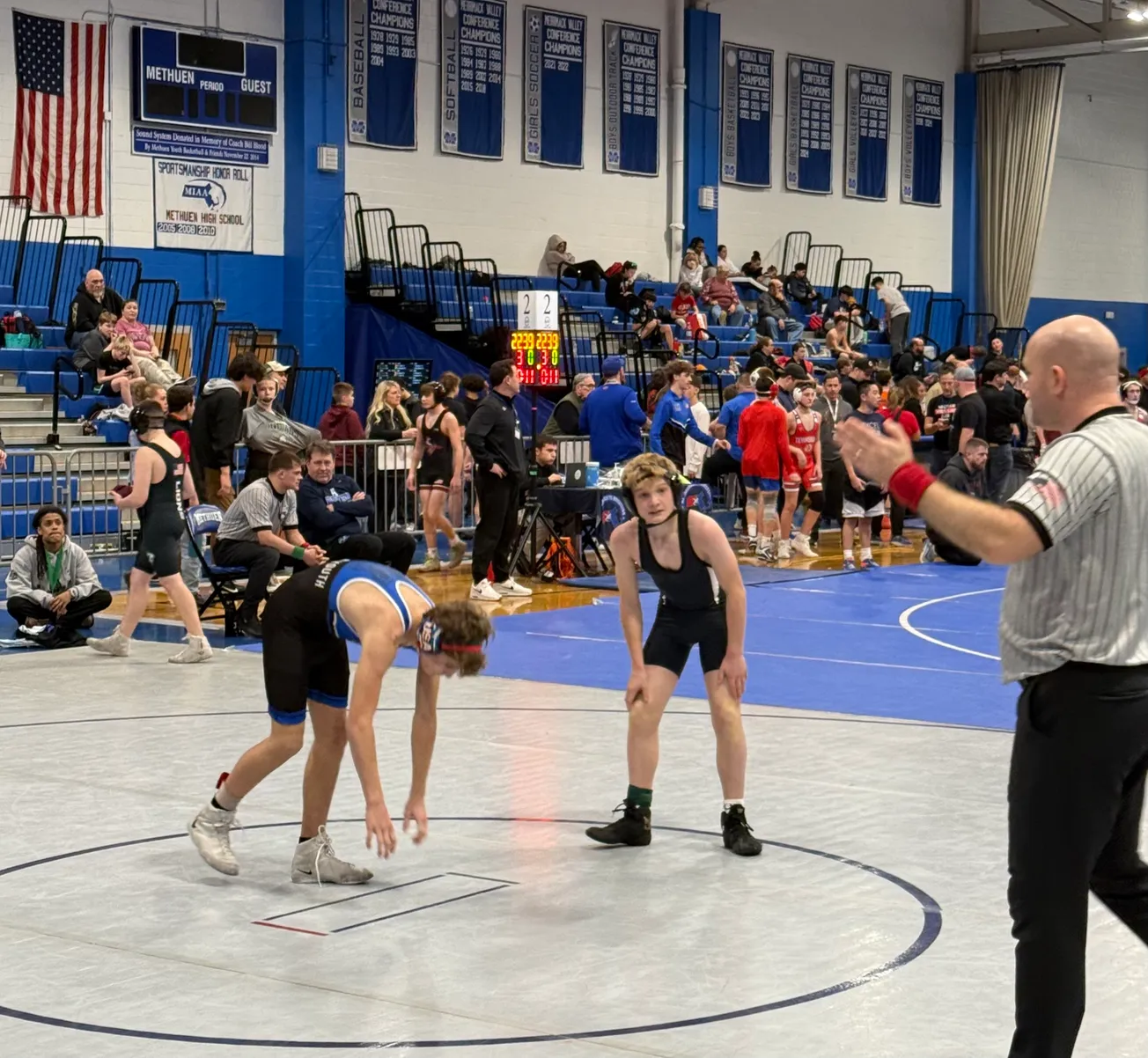Table of Contents
Winchester’s food pantries, farmers market and volunteers have launched a coordinated effort to ensure that low-income residents have access to food amid the federal government shutdown.
The Trump administration said it was suspending Supplemental Nutrition Assistance Program (SNAP) benefits as the shutdown extended into November. Last week, however, two federal judges ruled that the government cannot cut off SNAP benefits, which more than 40 million Americans use to buy food.
President Trump then said the government would partially fund benefits, but a federal judge Thursday ordered the government to fully fund them.
It is unclear when that would happen, and the Trump administration has appealed the ruling to the U.S. Supreme Court. Individuals and families that rely on these benefits have not had their SNAP cards refilled with funds this month as of Nov. 7.
“For low-income residents and families, [SNAP] is a large percentage of their food budget,” said Fred Yen, executive director of the Winchester Farmers Market Community Hub.
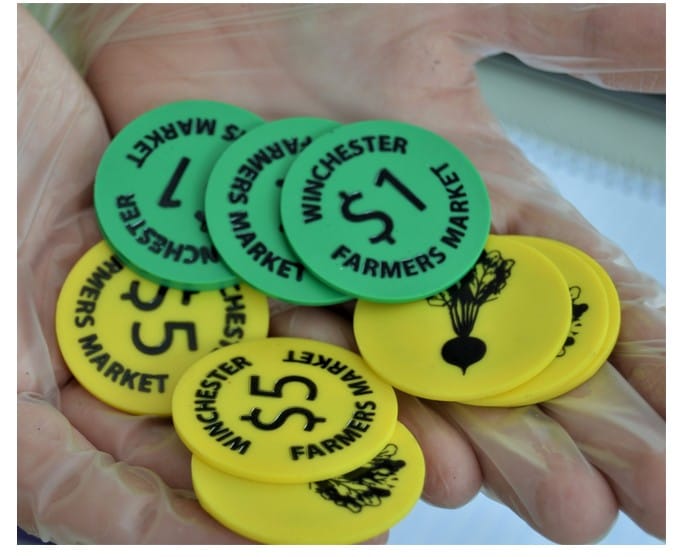
Winchester’s response builds on years of grassroots work. The Farmers Market runs Anna’s Fund, which began as a SNAP-matching program but now operates independently.
“Now we distribute $15 in tokens each time somebody comes from Winchester and Woburn,” Yen said. “They don’t have to prove income. They just say they need it, and they’re given tokens to spend at the farmers market for fruits and vegetables and anything that you can spend on through SNAP.”
After the shutdown began Oct. 1, the market expanded its focus. Yen helped launch a community database compiling all local food security efforts, from pantries to nonprofits to church drives.
“We’re finding out that there are these efforts that nobody knew about,” he said. “There’s a lot of people who would like to help, but they just aren’t as informed.”
That growing database, shared with the town manager’s office and area nonprofits, lists organizations like the En Ka Pantry, the Woburn Council of Social Concern, and St. Vincent de Paul Food Pantry, alongside state-level links such as Project Bread and the Greater Boston Food Bank. It also identifies local drop-off sites and community meals, aiming to become a one-stop guide for both getting and giving help.
“It’s still a work in progress,” Yen said, “but it already makes a difference.”
At En Ka Pantry, co-chair Linda Azzara said the number of families seeking help has started to rise. Four or five households have approached the pantry in the last month, she said, and En Ka will also add more appointments to accommodate more families.
“Typically, our normal inquiry is about two to three households a month,” she said.
Even with growing demand, Azzara said Winchester’s generosity has been overwhelming. Individuals, community organizations and school clubs have reached out to En Ka offering donations.
“The outpouring from the community has been tremendous,” she said. “They’ve been asking how they can help, whether that’s monetary donations, whether that’s products or food donations. It’s across the board.”
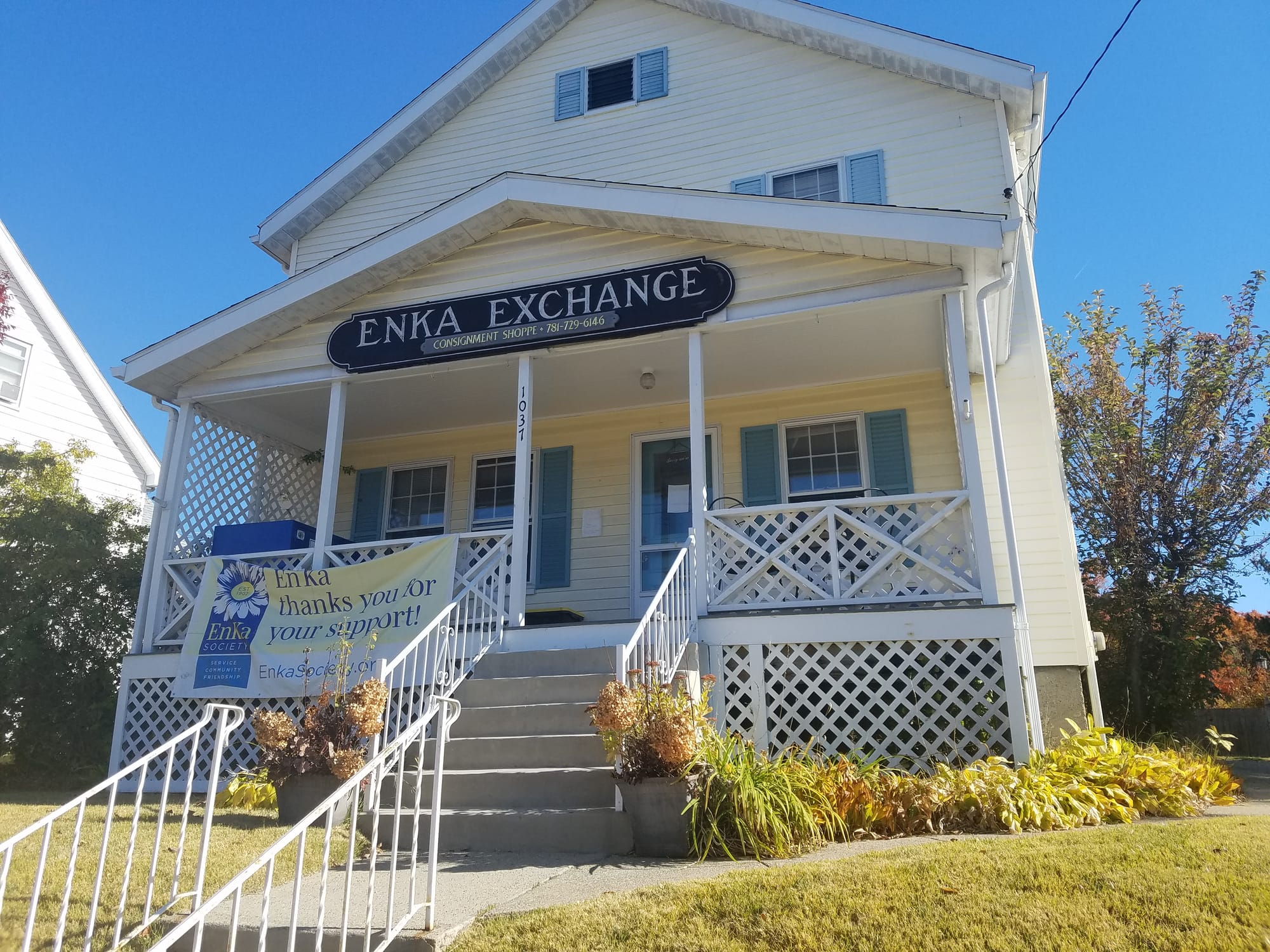
In neighboring Woburn, the Council of Social Concern — serving both Woburn and Winchester — has seen a 10% increase in clients.
“We serve about 250 families every month,” said Paula Matthews, the council’s food pantry director. “So probably maybe 25 additional new families are starting to come because of [the] SNAP situation.”
The council receives food from the Greater Boston Food Bank, local donors and drives. It also has an Amazon wish list where people can place orders.
“We just had a postal food drive, and we received 24,000 pounds of food,” Matthews said. “The orders that have come in from Amazon are unbelievable. The poor guy will pull up, and he’ll say, ‘I have 40 boxes for you today.’ I’m like, ‘oh gosh,’ but we’re grateful for it.”
To accommodate more people, the pantry has added appointments and offers emergency boxes for families who can’t wait for their scheduled visits.
Aayushi Datta is a journalism student at Boston University. This story is part of a partnership between the Winchester News and the Boston University Department of Journalism.

